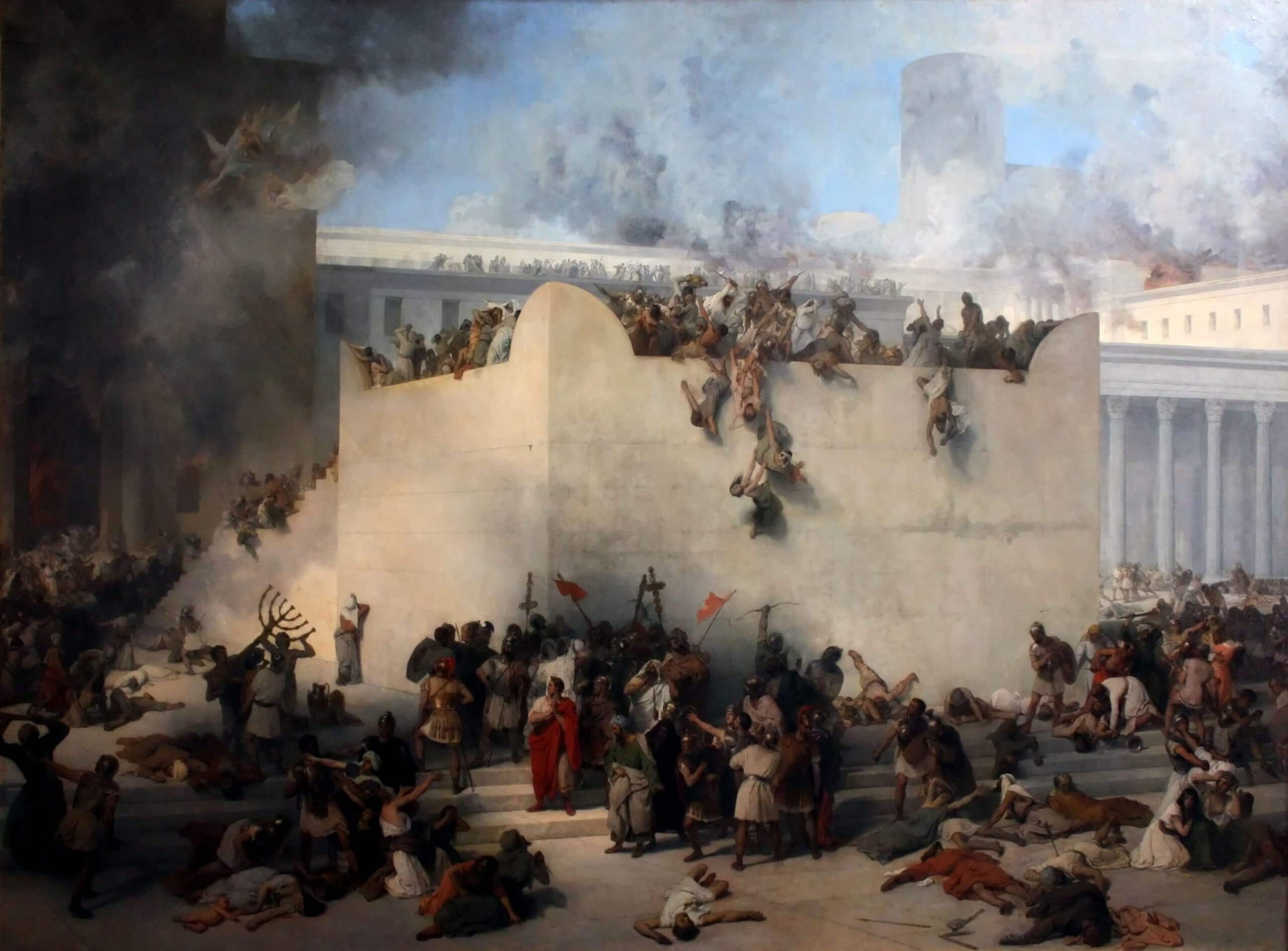Bechukotai,Behar,Weekly Message
Behar-Bechukotai 5766-2006
"The Economics of Torah" by Rabbi Ephraim Buchwald The very last chapter of the book of Leviticus chapter 27, which concludes this week's double parashiot Behar-Bechukotai, focuses on…
Chayei Sarah 5771-2010
“What Shall I Do, My Parents Hate Him?!” by Rabbi Ephraim Z. Buchwald In this week’s parasha, parashat Chayei Sarah, we encounter the world’s first shidduch (arranged marriage) and the…
Emor 5772-2012
"Lessons from a Priest’s Wanton Daughter" by Rabbi Ephraim Z. Buchwald This week’s parasha, parashat Emor, highlights the special status of the Kohanim, the priests, in the community of…
Shelach 5774-2014
“Do Not Follow After the Desires of Your Heart and Eyes” by Rabbi Ephraim Z. Buchwald While the major theme of parashat Shelach concerns the scouts who return from the Land of Israel with…
Yitro 5770-2010
"The Arrival of Jethro" by Rabbi Ephraim Z. Buchwald In this week's parasha, parashat Yitro, Jethro, Moses' father-in-law, arrives at the camp of the People of Israel, located by the…
Va’etchanan 5780-2020
“The Mandate for Parental Involvement in Jewish Education” (updated and revised from Va’etchanan 5761-2001) by, Rabbi Ephraim Z. Buchwald In this week’s parasha, parashat Va’etchanan, we…
Holidays,Tisha b’Av,Fast Days,Tisha b'Av Resource
Tisha b’Av
Tisha b’Av The saddest day in the Jewish calendar, believed to be a day which is destined for tragedy. Guide…
,
Study the Torah’s Laws whether in Practice or Not
There is great value in studying the parts of the Torah that are not currently practiced, since studying Torah ultimately enables us to appreciate its Divine Author.
,,,,,,,,,,,,,,,,
Vayakhel 5768-2008
"Rochel the Riveter" by Rabbi Ephraim Z. Buchwald This week's parasha, parashat Vayakhel, continues the excruciatingly detailed description of the building of the Tabernacle and its…
,
The Meaning and Use of Language
Lazarus Geiger believed that there was a great deal to learn about humanity from studying the development of language. Then, there is the actual use of language. In the first chapter of…
